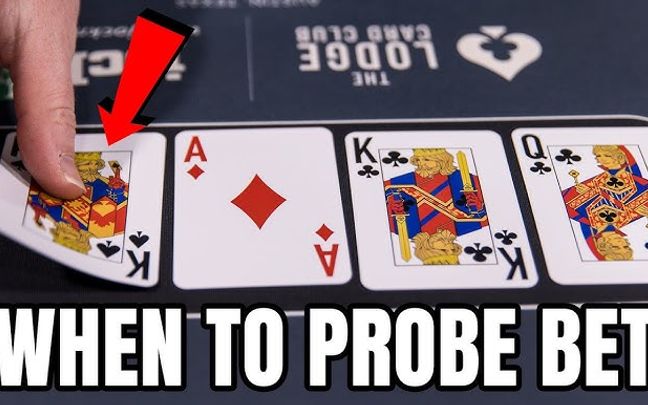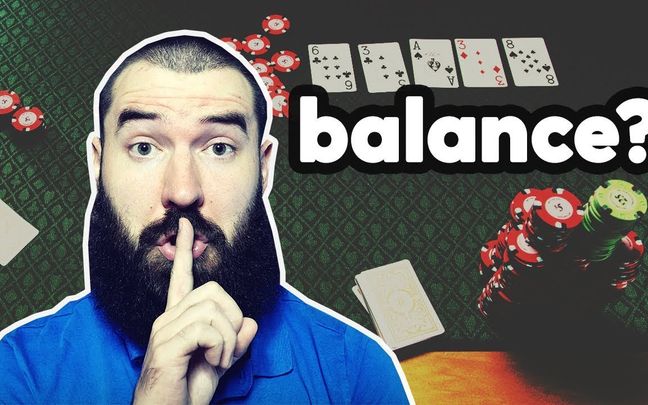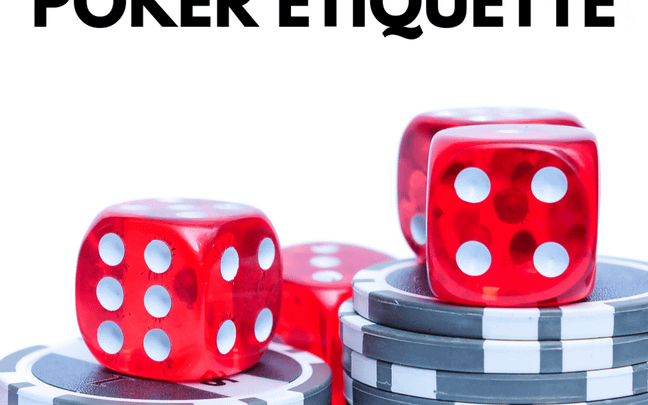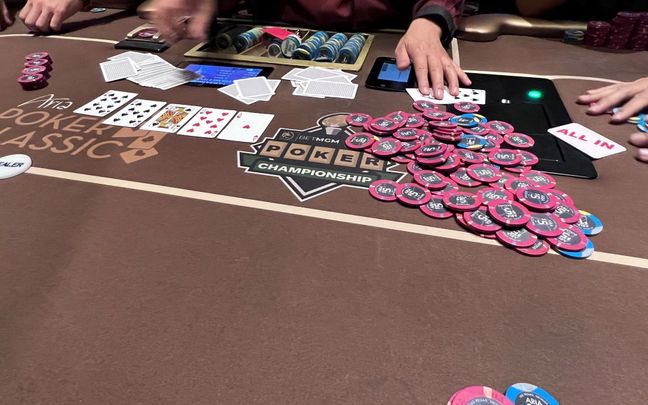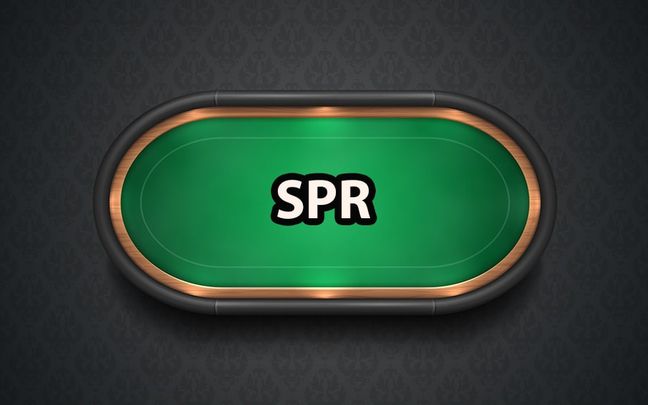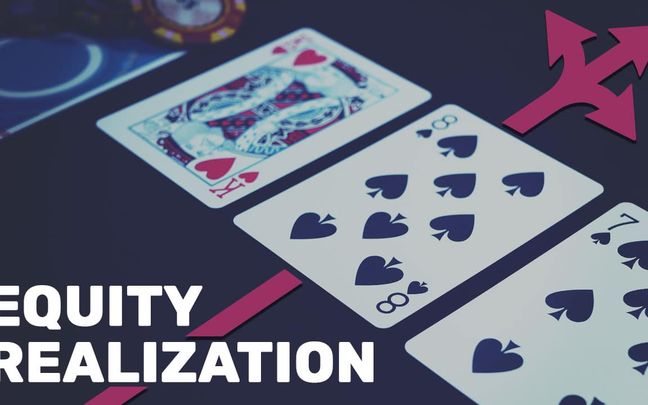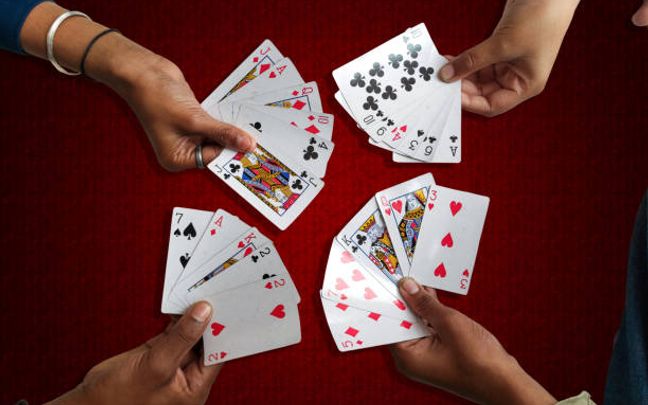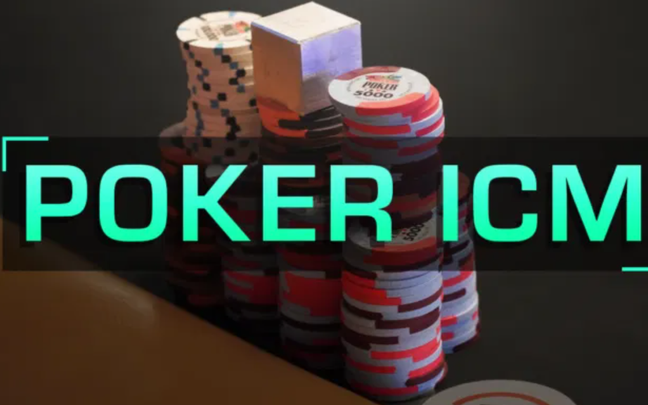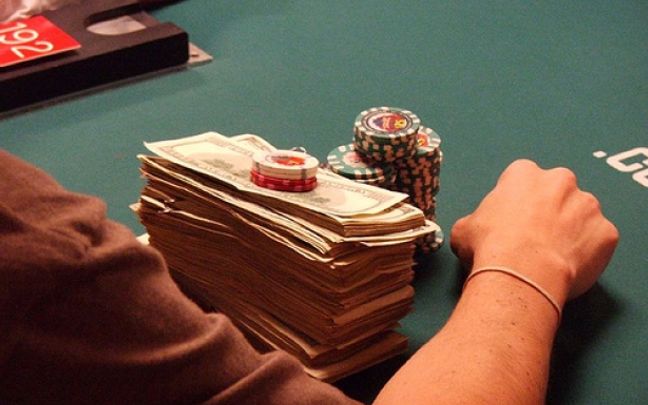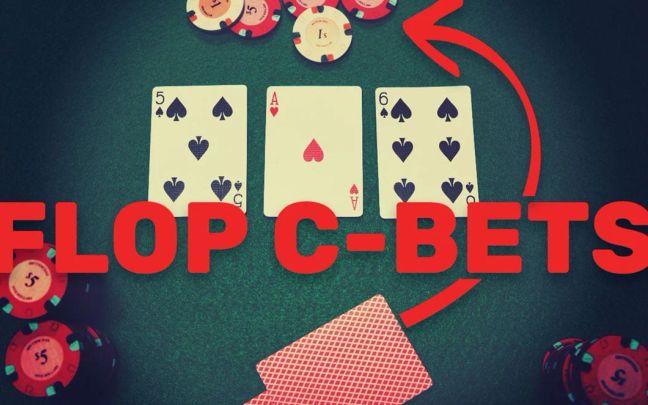For poker beginners, understanding what a bet is, when to bet, and how to bet effectively is key to playing smart. This article will help you grasp the basic skills related to betting in poker, thereby increasing your chances of winning.

What is a Bet?
If you’re new to poker and wondering what a bet is, let’s explore one of the most basic yet crucial aspects of the game.
A bet refers to the action of placing a wager during a hand. When a player bets, they put a certain amount of money or chips into the pot, which is the collective pool of wagers made by all players during each betting round.
The purpose of betting is not only to contribute to the pot but also to serve as a strategic move. By placing a bet, you can signal the strength of your hand, apply pressure on your opponents, and force them into making tough decisions. Betting also helps establish your image and playing style, making it harder for opponents to predict your moves.
Moreover, effective betting can optimize your chances of winning, especially when you know how to adjust your bet size to either lure in your opponents or protect your advantage. Mastering the concept of betting and its techniques is the first critical step toward becoming a successful poker player.

What are the Different Forms of Betting?
Now that you understand what a bet is in poker, let’s explore the various forms of betting. Each type of bet carries its own strategic significance, and below are some common forms of betting that you need to grasp to optimize your strategy.
Opening Bet
An opening bet occurs when a player makes the first bet in a betting round, meaning no one has bet before them.
When you bet, you determine the initial amount you want to wager, which not only demonstrates the strength of your hand but also creates an opportunity to control the flow of the game. Being the first to bet forces your opponents to make decisions such as calling, raising, or folding. This action can significantly influence how the other players react, as they must consider whether to stay in the hand.
Call
A call is the action of a player choosing to match the bet made by an opponent. When a player bets, others who want to continue in the hand must call by putting in an amount equal to the opponent's bet.
This action allows players to maintain their involvement in the hand without having to raise. However, merely calling can make you an easy target for your opponents, as it doesn’t clearly convey the strength of your hand.
Raise
A raise occurs when a player not only matches the current bet but also increases the amount. This action is often used to put pressure on opponents, forcing them to consider whether they want to continue calling or fold.
By raising, you assert the strength of your hand, compelling opponents to decide if they have the confidence to call a higher bet. Raising can also serve as a strategy to mislead opponents or make them doubt the strength of your hand.
Fold
A fold is the action of a player choosing not to continue in the hand. If you feel that your hand is not strong enough to compete or you do not wish to call the bet, you can opt to fold and refrain from adding more money to the pot.
When you fold, you forfeit your right to participate in that hand and lose the opportunity to win. However, this is also an important strategic decision, as folding when necessary helps you conserve chips for future hands, especially when you feel that your chances of winning are low.
Understanding what a bet is, as well as the different forms of betting, will help you make smarter decisions during play, optimize your chances of winning, and create an advantage in your hands.
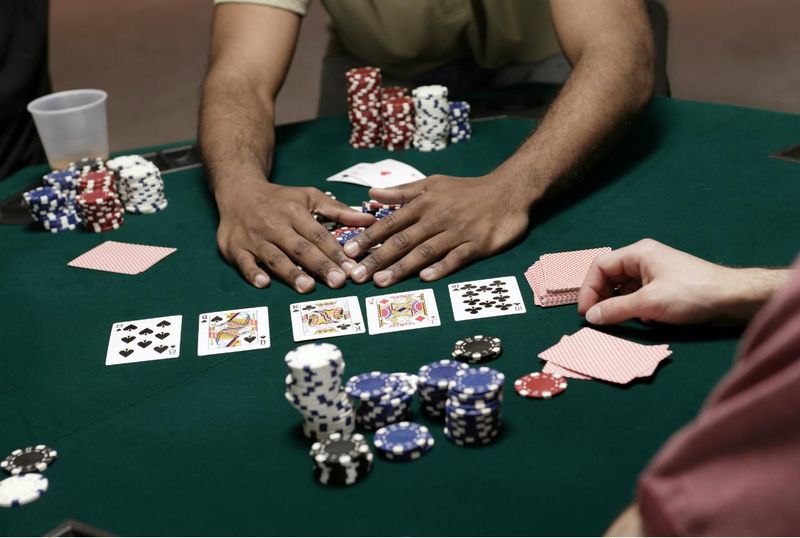
What Should You Consider When Placing a Bet?
When you start playing poker and want to place a bet, understanding the concept of betting and how to use it effectively is crucial for improving your strategy and avoiding common mistakes.
Here are some key considerations to help you bet more effectively.
Understand the Purpose of the Bet
Every time you place a bet, you should have a specific objective in mind. A bet is not merely about putting money on the table; it's a way to influence your opponents' actions, control the size of the pot, and demonstrate the strength of your hand. Typically, there are three main reasons to bet:
-
To Gain Value: You have a strong hand and want to increase the pot while your opponents are still willing to call your bet.
-
To Bluff: You hold a weak or uncertain hand and want to force your opponents to fold by convincing them you have a stronger hand.
-
To Protect Your Hand: If you have a mediocre hand, betting helps protect it from future cards that could improve your opponents' hands.
Read Your Opponents
As a beginner, you need to practice the skill of reading your opponents and observing how they react to different bets. Some players will only call when they have a strong hand, while others may call with weak hands just to test their luck. Understanding these behaviors can help you make more informed betting decisions. Sometimes, a small bet can yield more information from your opponents than a large one.
Choose an Appropriate Bet Size
The amount you bet should reflect your goals. If you're aiming to gain value, bet an amount substantial enough that opponents don’t find it easy to call. Conversely, if you’re bluffing, ensure that your bet seems reasonable—enough to make your opponents think but not so large that it becomes obvious. Generally, betting between 50% and 75% of the pot is a sensible range for both purposes.
Understand Your Position at the Table
Position is a critical factor in deciding when to bet. If you are in a late position, you have the advantage of observing how your opponents act before your turn, which helps you make more accurate decisions about how much to bet. In contrast, being in an early position requires you to bet without knowing your opponents' cards, necessitating more caution.
Know When Not to Bet
Sometimes, opting not to bet—essentially checking—is a wise choice. If you're uncertain about the strength of your hand or suspect that an opponent may be waiting to trap you, conserving your chips and observing your opponents can help you avoid significant losses. Don’t feel compelled to bet every time there’s an opportunity; knowing when to hold back and waiting for the right moment is crucial.
Practice Careful Bankroll Management
As a newcomer to poker, you may easily get caught up in the game’s pace and overbet. Always ensure you only wager what you are willing to lose, and avoid getting entangled in chasing after bad hands.
Understanding what betting entails and managing your bankroll wisely will not only help you sustain your gameplay over the long run but also minimize stress and enable you to make sound decisions.
Learn from Your Mistakes
Each time you make an incorrect bet or get caught by an opponent, it’s an opportunity for learning. Review how you bet; did you bet too high, too low, or was your bet too predictable? Improving your betting skills takes time, and recognizing your mistakes to avoid repeating them is the quickest path to development.
Stay Calm and Don’t Let Emotions Take Over
Poker is a game of intellect, and betting should not be driven by emotion. Whether you’ve just lost a big pot or are facing a series of bad hands, avoid making emotional bets (tilting). Betting while angry or anxious often leads to poorly calculated decisions, causing you to lose money quickly.
Cultivate Patience
Betting at the right moment is part of your strategy. Sometimes you may have to wait a long time for a strong hand, but when the opportunity arises, don’t hesitate to use your bets to maximize value from that hand.
Patience not only helps you avoid impulsive bets but also allows you to exploit situations more effectively when you do have a strong hand.
Always Adjust Your Strategy
Poker is not a game where a single strategy will suffice. Each table and each opponent is different, so you need to adapt your betting strategy accordingly. Don’t hesitate to experiment with various strategies and learn from your opponents’ reactions.
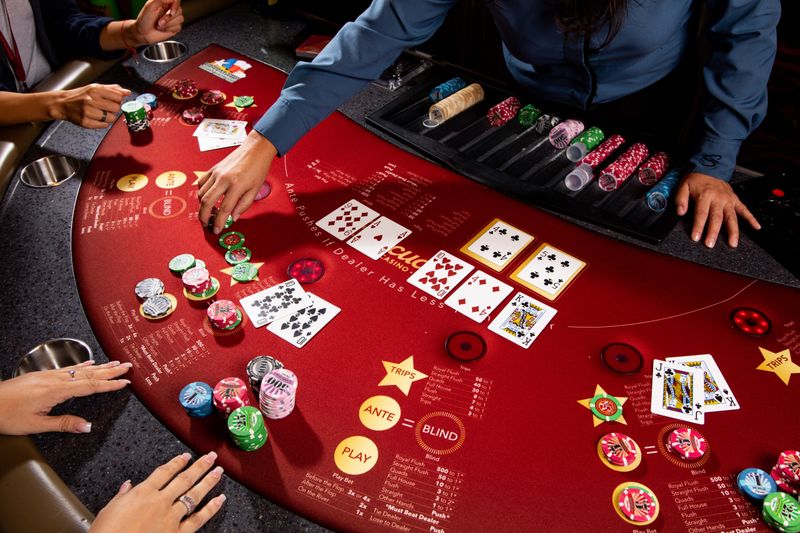
In summary, understanding what a bet is crucial in poker. Betting correctly enables you to control the game and optimize your profits. For beginners, it is essential to practice recognizing when to bet, how much to bet, and how to read your opponents' reactions in order to make the most accurate decisions.


